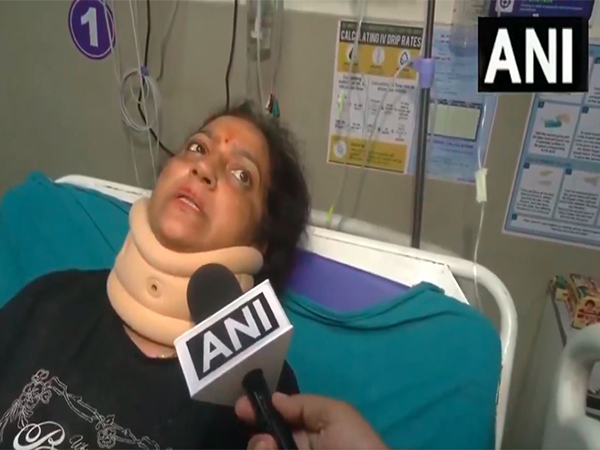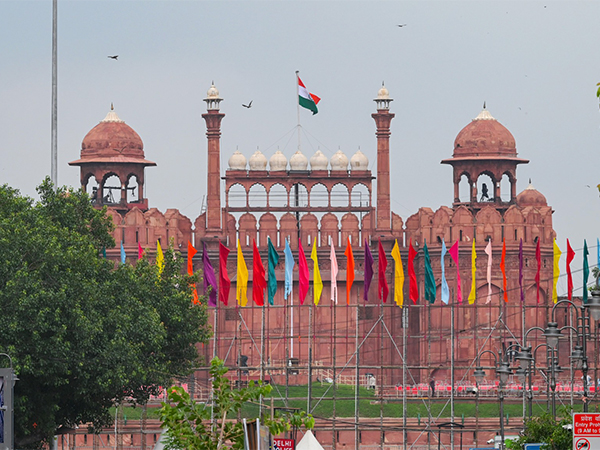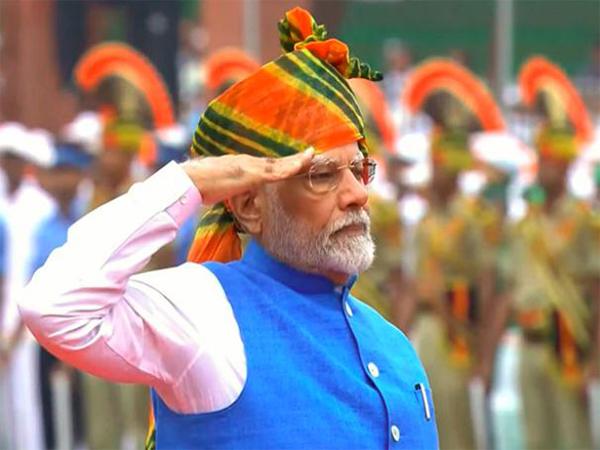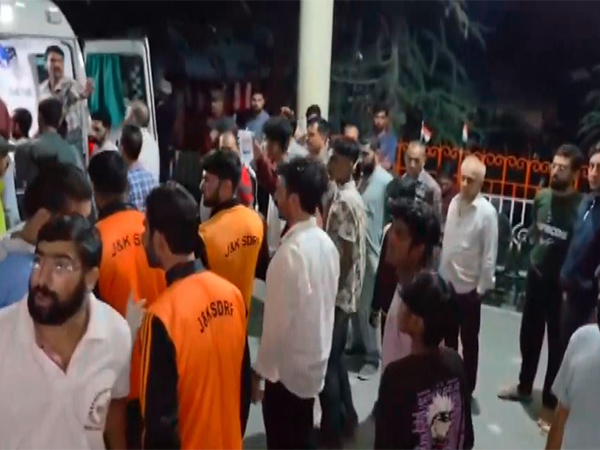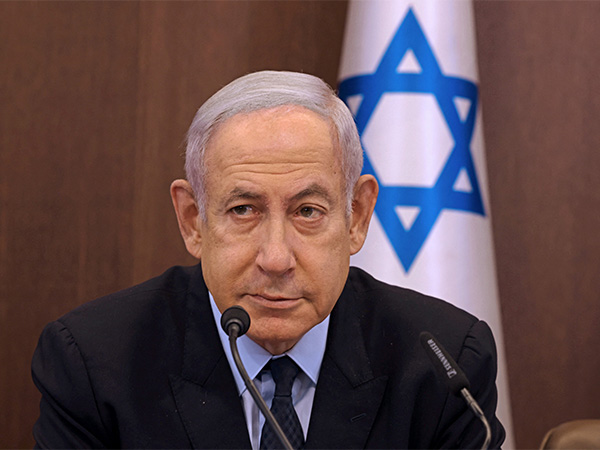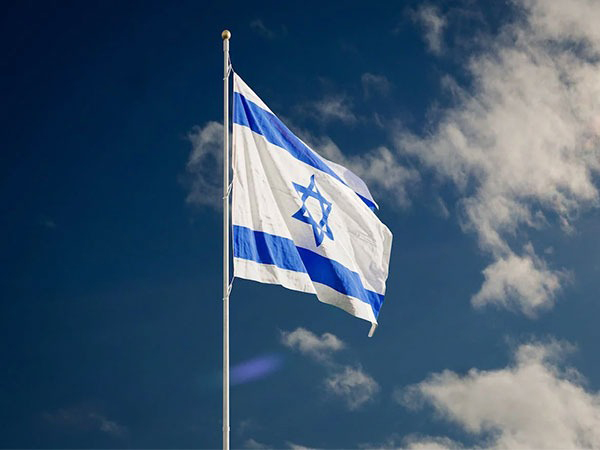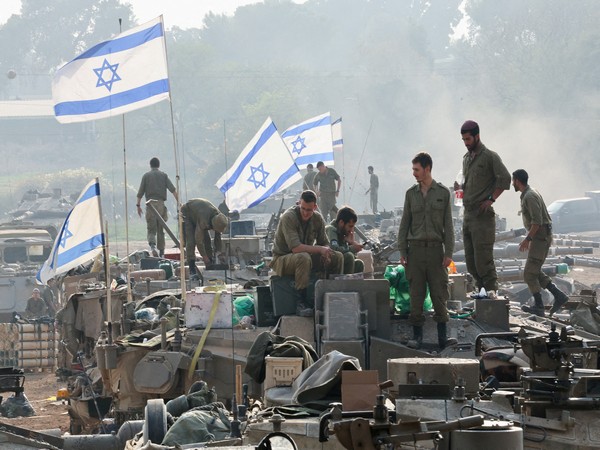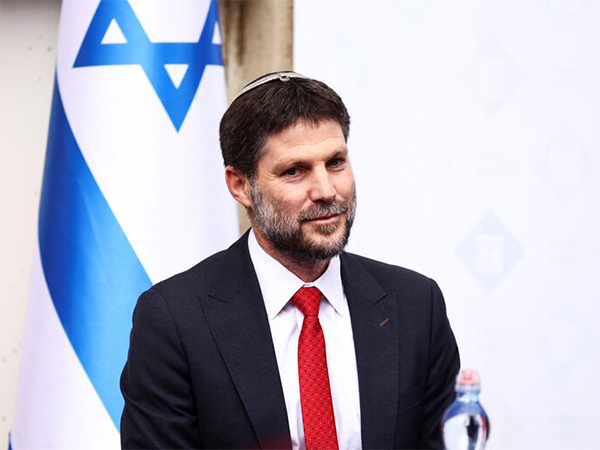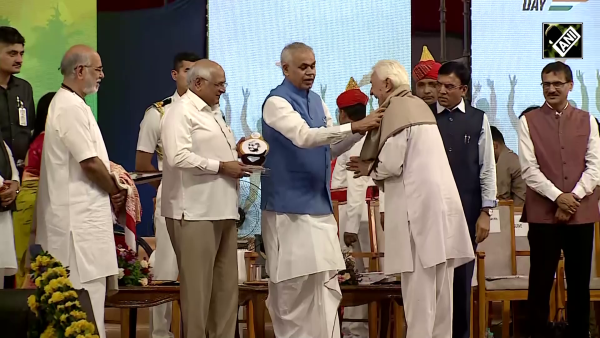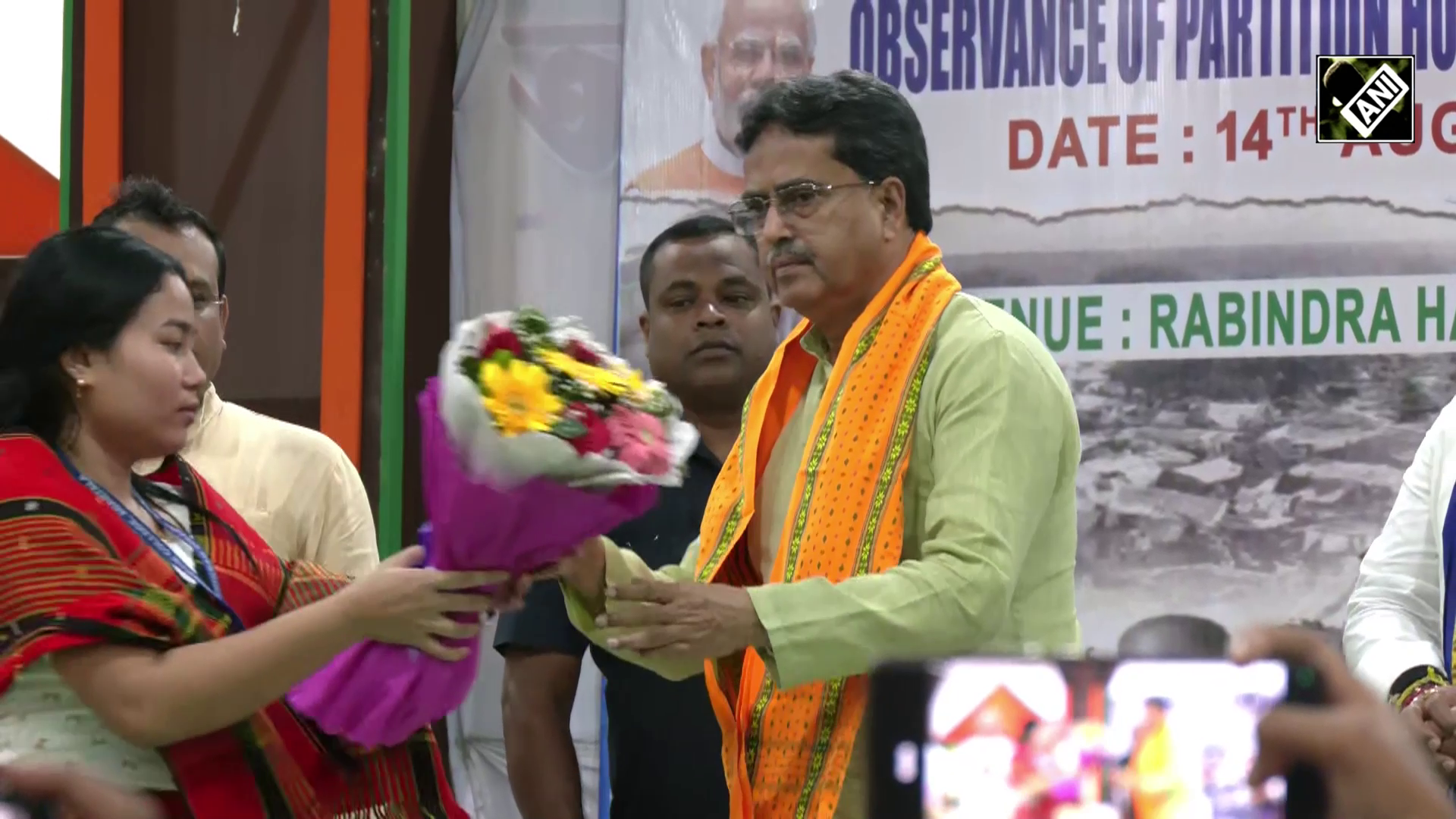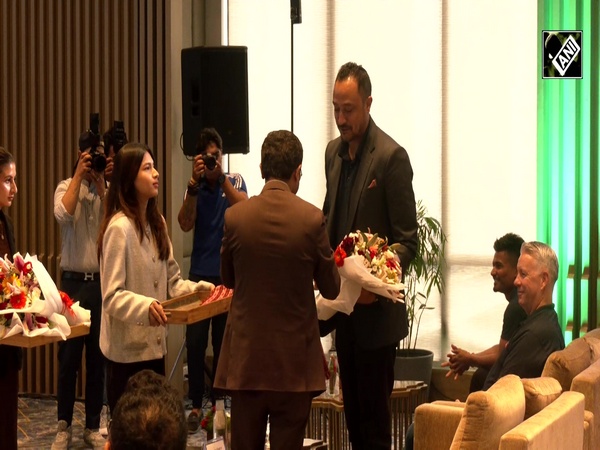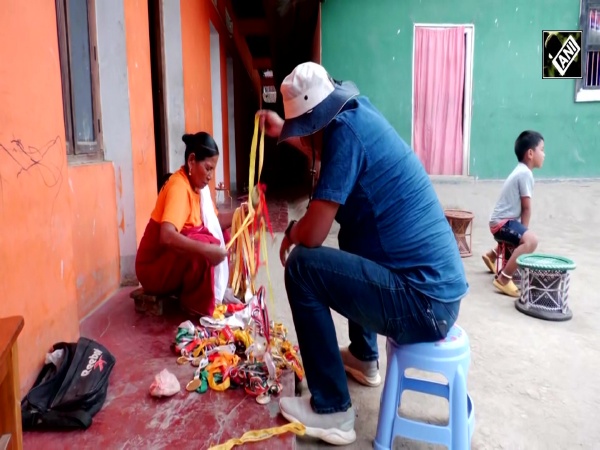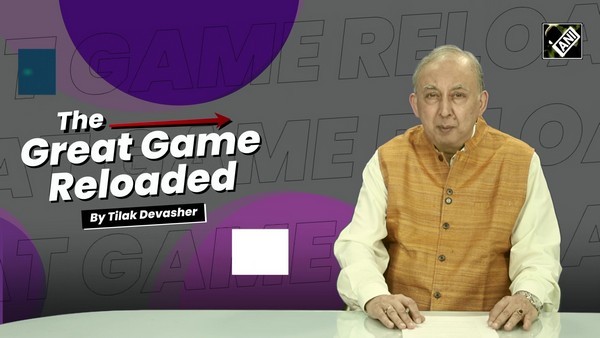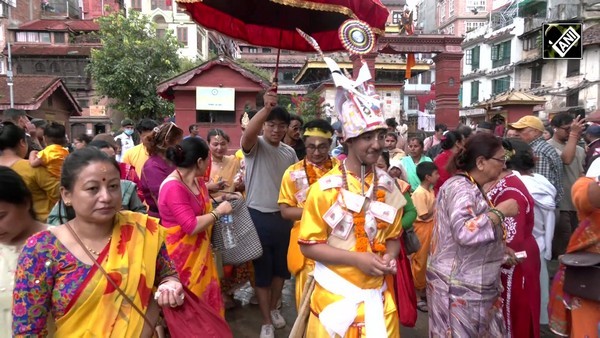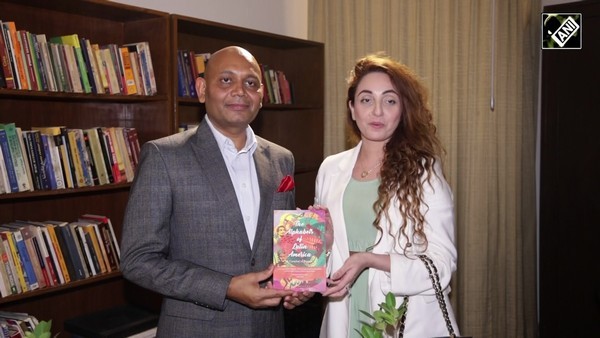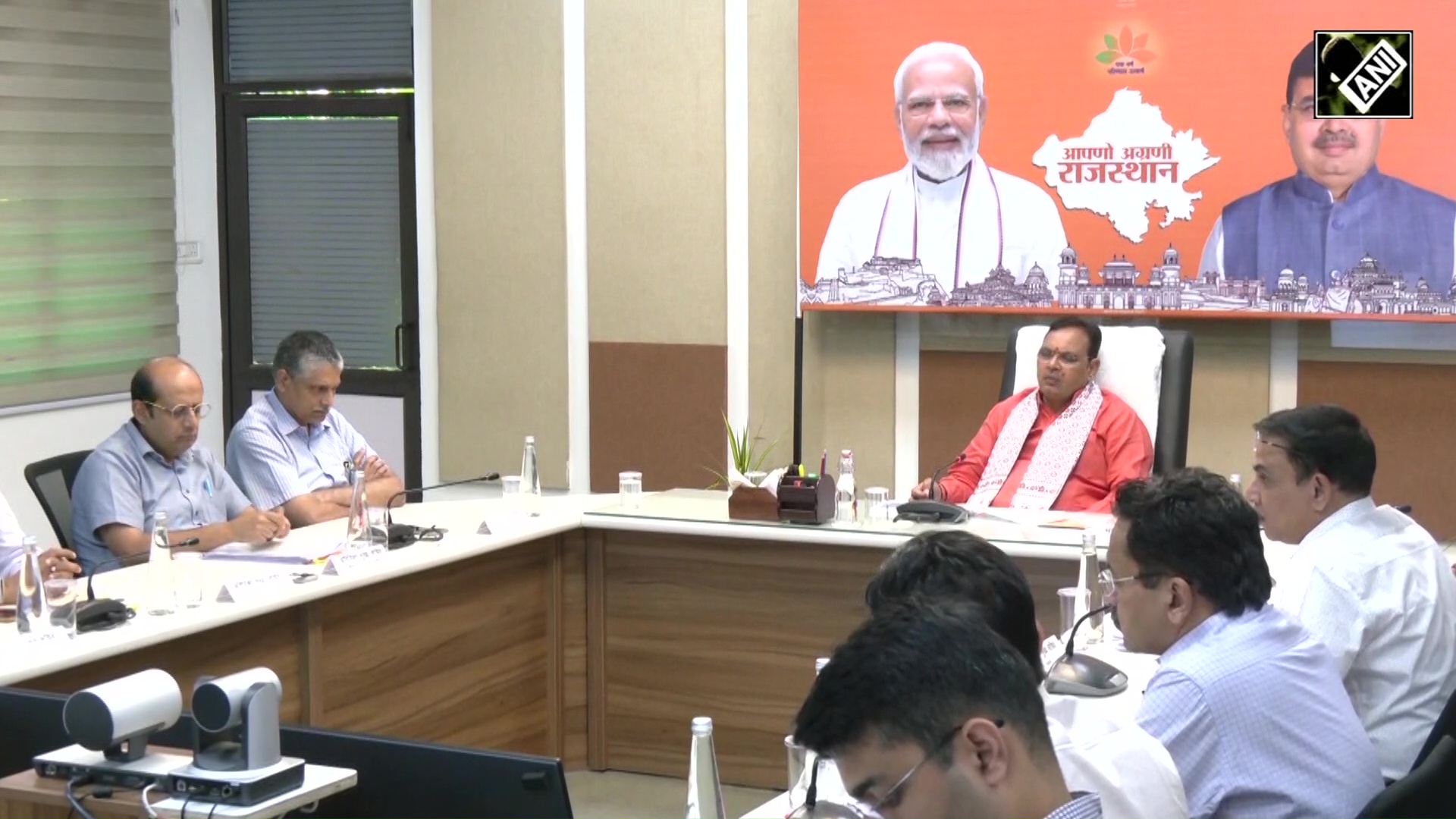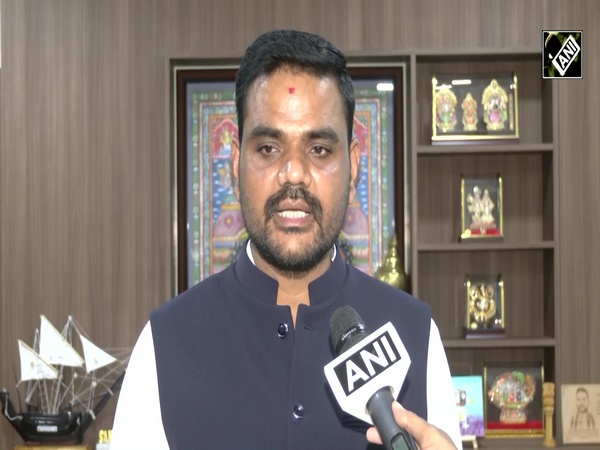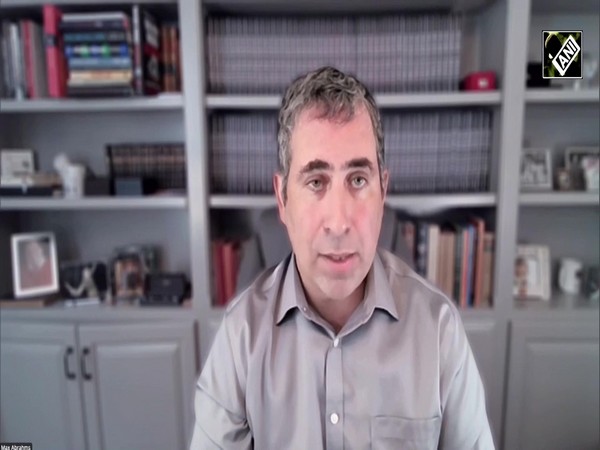'Dr Singh had to confide in APJ Kalam to convince opposition for nuclear deal,' says Montek Ahluwalia
Jan 03, 2025

New Delhi [India], January 3 : Economist Montek Singh Ahluwalia on Friday spoke of the efforts former Prime Minister Manmohan Singh took to convince the opposition parties during his second term for the Indo-US nuclear deal.
Ahluwalia, former Deputy Chairman of the Planning Commission of India, said that Dr Singh had to confide with then-President APJ Abdul Kalam, asking him to have a conversation with then-Samajwadi Party (SP) chief Mulayam Singh who was opposing the nuclear deal with the left parties.
The left parties had taken a vote of confidence and wanted to vote the government out of power, Ahluwalia said.
"Manmohan Singh had to undertake the Indo-US nuclear deal while going against the opposition from within his party, strong opposition from the left. He had to do a lot of political maneuvering since the left had a vote of confidence and they wanted to vote the government out of power. He was able to avoid the problem because he brought in President APJ Abdul Kalam to persuade Mulayam Singh as a scientist. Mulayam Singh agreed after talking to President Kalam and ended up supporting the government," Ahluwalia told ANI in an exclusive interview.
Ahluwalia said that for Manmohan Singh, India's forward movement could only happen if the Nuclear Suppliers Group (NSG) restrictions were lifted and that was possible because of the relationship the former Prime Minister shared with then-US President George Bush, which ensured the removal of the NSG restrictions.
"Manmohan Singh was concerned that part of India's forward movement should mean that these sanctions be removed. The Indo-US deal could only happen if the NSG restrictions were removed. For us, it was the relationship between Bush and Singh that ensured the removal of the NSG restrictions. If the US didn't agree, none of these other countries would have agreed (to lift the restrictions). This helped us in providing a basis for the much-expanded technology and military partnership between India and the US, which the present government has expanded on quite a bit," the renowned economist said.
Ahluwalia further credited former Prime Minister Atal Bihari Vajpayee for his realisation after the Pokhran-II explosion that the West needed to be persuaded they were wrong. He said that Vajpayee managed to restore the relationship. However, the Non-Proliferation Treaty (NPT) sanctions still remained and India was unable to import Uranium to run its own nuclear reactors, he added.
"When the Pokhran-II exploded under Vajpayee, the US imposed restrictions. Vajpayee realised that we must persuade the West that they are wrong and to his credit, he restored the relationship to what it was before the explosion, as the US removed extra sanctions. However, the NPT sanctions still remained. We couldn't even import Uranium for running our nuclear reactors without signing the NPT," Ahluwalia said.
"I have said this in another context that it is wrongly focused on it being an India-US deal. It was that but the important thing is that it removed restrictions imposed by the NSG, which were imposed on any country that had a nuclear explosion and didn't sign the NPT. We didn't want to sign the NPT because it was an unfair treaty as it said that only five countries can have nuclear weapons and the others can't. That was not fair. We were quite willing to have a universal disarmament. We told these countries if you don't have nuclear weapons, we won't have them. However, if you want to keep them, we can't be without them since we are also a responsible country," he said.
Meanwhile, Ahluwalia praised Dr Singh for his efforts to bring 138 million people out of the 'below poverty line (BPL)'. Ahluwalia, former Deputy Chairman of the Planning Commission of India, said that India grew faster in terms of economic growth during Singh's tenure than it had ever done.
He said that Singh's tenure must be judged in its entirety. The Indo-US nuclear deal that freed India from nuclear restrictions was the most important achievement during his second term, Ahluwalia added.
